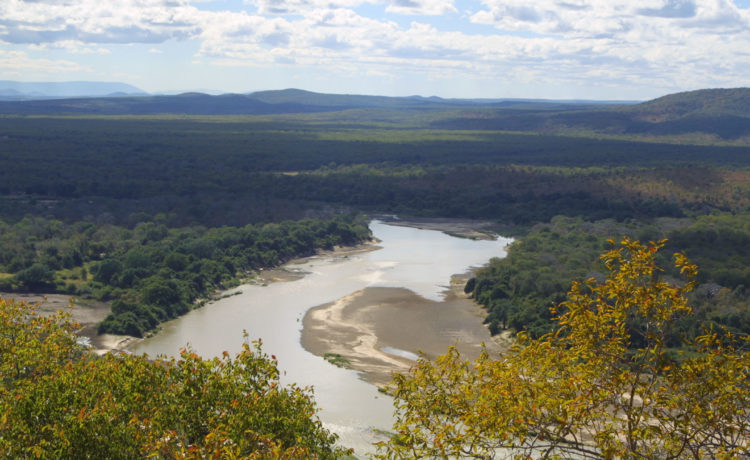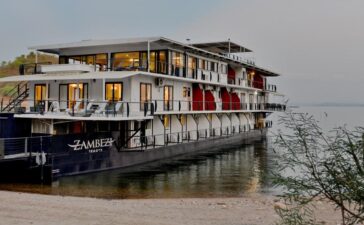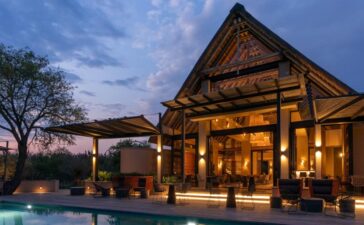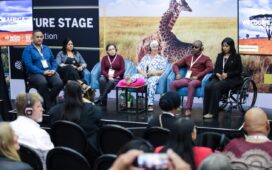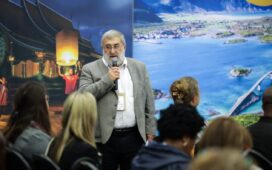The Zambian Government has decided to stop its plans for the construction of a mega hydropower dam across the Luangwa River, one of the longest flowing rivers in southern Africa.
The decision should help pave the way for the government to declare the river a Water Resource Protection area, something that has been the goal of the World Wildlife Fund and its partners. A petition with almost 200 000 signatories called for the river to be legally protected, which would assist in safeguarding it from the threat posed by dams, deforestation and unsustainable agriculture.
“I wish to thank the government for listening to our pleas, as Luembe has the potential to become another area of wildlife tourism in a few years,” said Senior Chief Luembe of the Nsenga people.
The river is a lifeline for communities, providing 25 chiefdoms with water, food and livelihoods, while supporting a variety of wildlife, including 400 species of birds. It is also one of the only refuges for reintroduced Black rhinos in Zambia, and supports elephant, lion, hippo, leopard, African wild dogs and Thornicroft’s giraffe populations, according to the WWF.
A statement released by WWF says construction of a hydropower dam at Ndevu Gorge would fragment the Luangwa. This would threaten the future of the area’s wildlife, freshwater fish stocks, agriculture, and the tourism that communities in the area depend on.
“After lengthy consultations, the Zambian government has now cancelled the feasibility study, ending its existing plans to build a dam on the Luangwa,” the statement reads.
Commenting on the decision, WWF Zambia Country Director, Nachilala Nkombo, said: “Keeping the Luangwa River free flowing is the best decision for both people and nature, and WWF commends the government for halting the dam and instead of seeking lower-impact, renewable alternatives to power Zambia’s development.”
She added that WWF was ready to support the government in developing a system-wide energy plan that could meet Zambia’s climate and energy goals without damming the remaining free-flowing rivers.
“There are other means that can supply an equivalent amount of electricity, like solar power and windmills, which can be installed along the Muchinga escarpment, with less damage to the environment,” concluded Chief Luembe.
Source: Tourism Update

